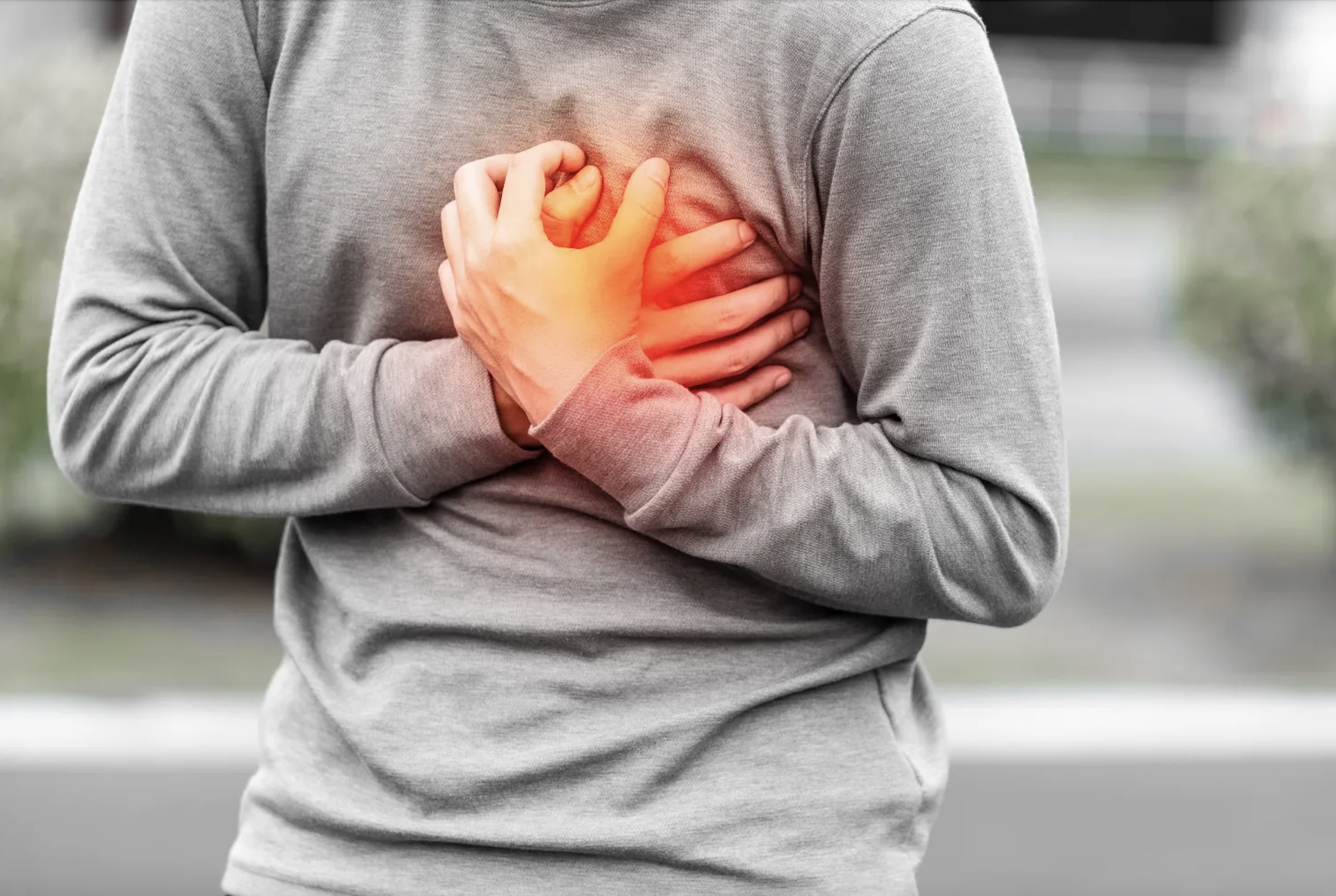What are the symptoms of Wolff-Parkinson-White syndrome?
Wolff-Parkinson-White (WPW) syndrome is a condition characterized by an abnormal electrical pathway in the heart that can lead to episodes of rapid heart rate. The symptoms can vary in severity and may include:
- Palpitations: A sensation of a rapid or irregular heartbeat.
- Dizziness: Lightheadedness or feeling faint, which may sometimes lead to fainting (syncope).
- Shortness of Breath: Difficulty breathing or a feeling of breathlessness.
- Chest Pain: Discomfort or pain in the chest area.
- Fatigue: Feeling unusually tired or weak.
Some individuals with WPW syndrome may experience no symptoms at all and may not be aware of their condition until it is discovered during a routine exam or evaluation for another issue.
What are the causes of Wolff-Parkinson-White syndrome?
Wolff-Parkinson-White (WPW) syndrome is caused by an abnormal extra electrical pathway in the heart, known as an accessory pathway. This extra pathway allows electrical signals to bypass the normal conduction system of the heart, leading to episodes of rapid heart rate. The primary causes and risk factors include:
- Congenital: WPW syndrome is often present from birth and is a result of a developmental anomaly. It occurs due to a genetic predisposition, where the accessory pathway forms during fetal development.
- Genetic Factors: There may be a hereditary component, as WPW syndrome can sometimes run in families, suggesting a genetic link.
- Associated Conditions: In some cases, WPW syndrome may be associated with other congenital heart defects or conditions, such as Ebstein’s anomaly or other structural heart abnormalities.
While the condition is mostly congenital, it can become apparent at any age, and symptoms often first present during adolescence or early adulthood.
What is the treatment for Wolff-Parkinson-White syndrome?
Treatment for Wolff-Parkinson-White (WPW) syndrome depends on the severity of symptoms, the frequency of episodes, and the overall health of the patient. Options include:
- Medications: Antiarrhythmic drugs such as flecainide or propafenone may be used to help control or prevent episodes of rapid heart rate. Other medications like beta-blockers or calcium channel blockers can help manage symptoms and reduce the frequency of episodes.
- Cardioversion: In cases of severe or persistent arrhythmias, electrical cardioversion may be used to restore normal heart rhythm.
- Catheter Ablation: This is a minimally invasive procedure that involves inserting catheters through the veins to the heart to identify and destroy the accessory pathway causing the arrhythmia. It is often considered the definitive treatment for WPW syndrome and can be highly effective in eliminating symptoms and preventing future episodes.
- Lifestyle Changes: For some individuals, avoiding triggers such as caffeine, alcohol, or strenuous exercise may help manage symptoms.
- Monitoring and Follow-Up: Regular follow-up with a cardiologist is important to monitor the condition and adjust treatment as needed.
In cases where the syndrome is asymptomatic and discovered incidentally, treatment may not be necessary, but the patient should be monitored for any changes or development of symptoms.

Leave a Reply
You must be logged in to post a comment.